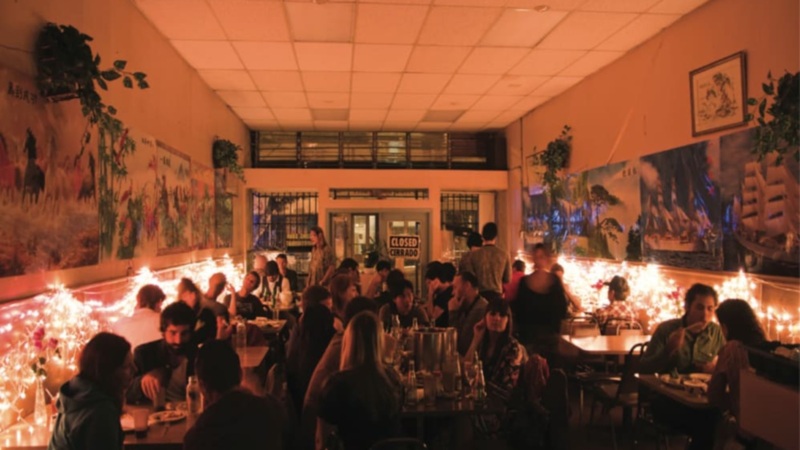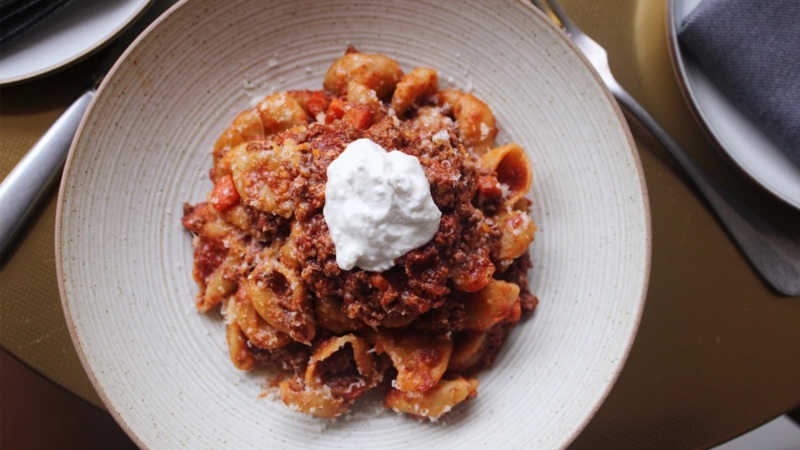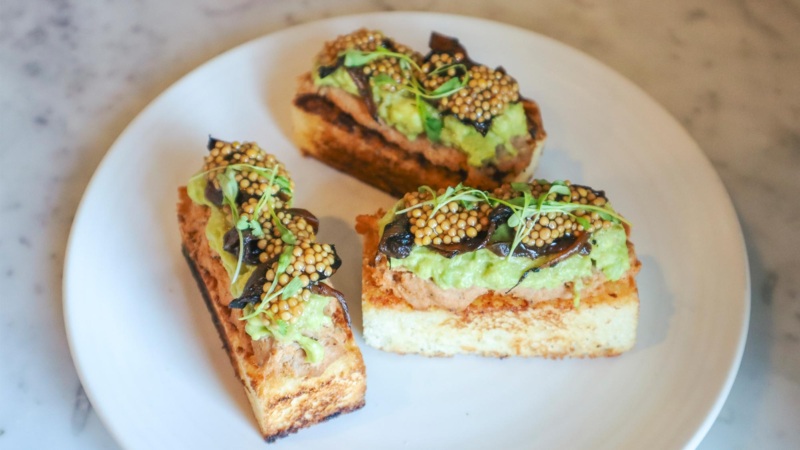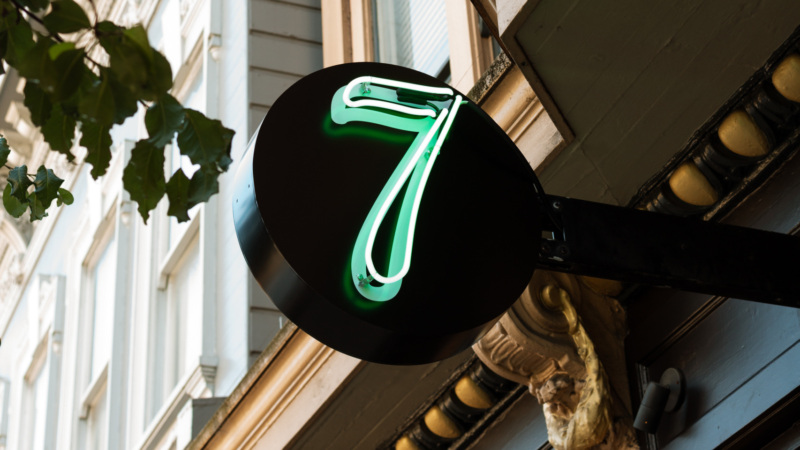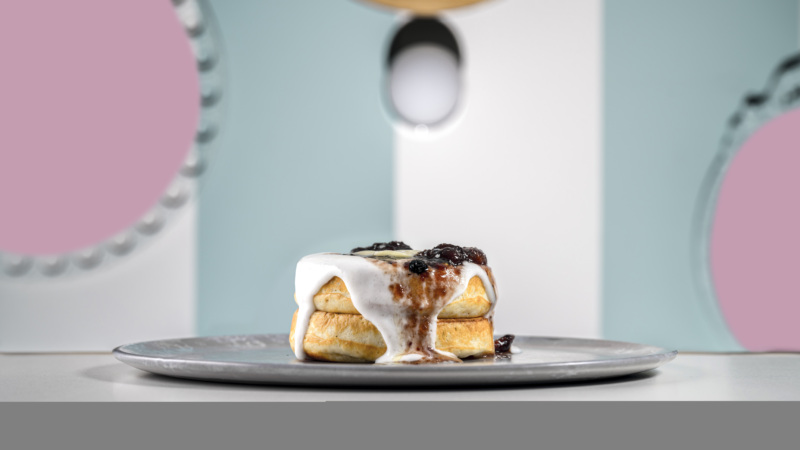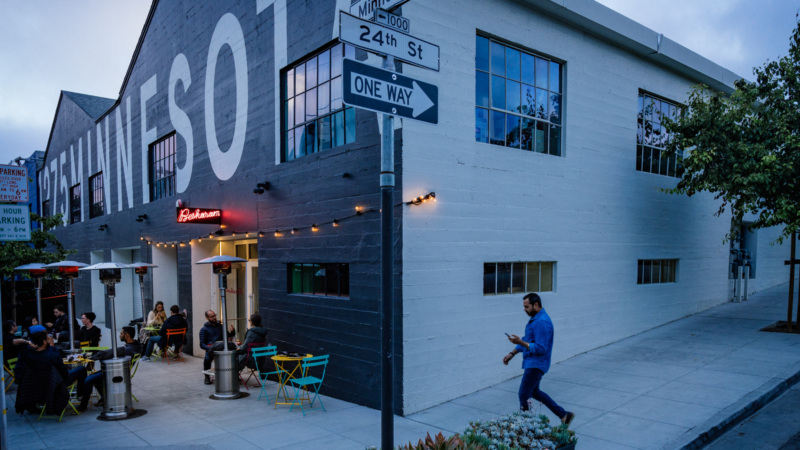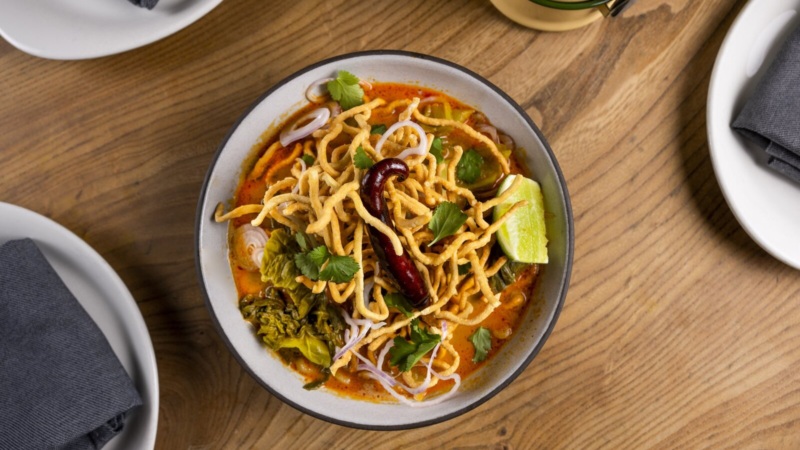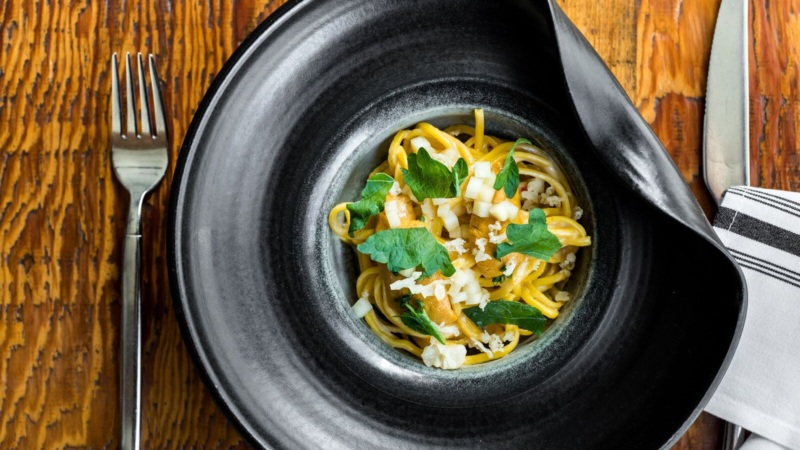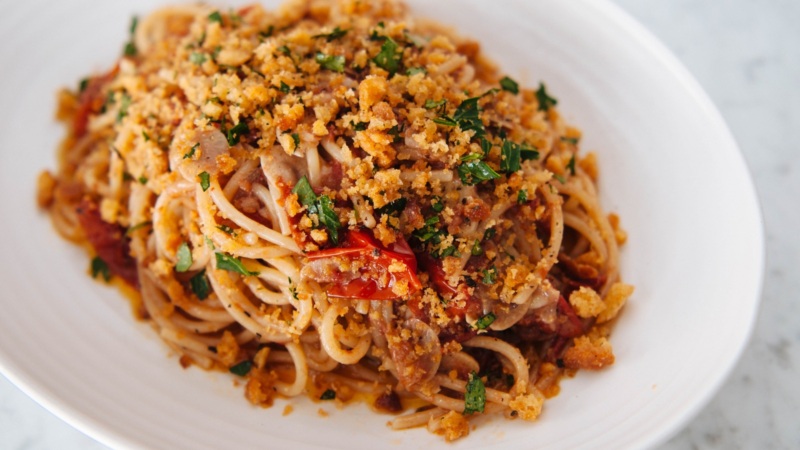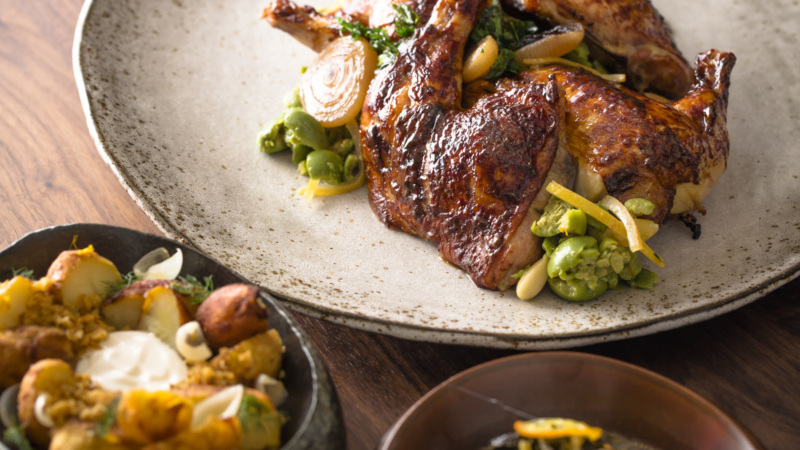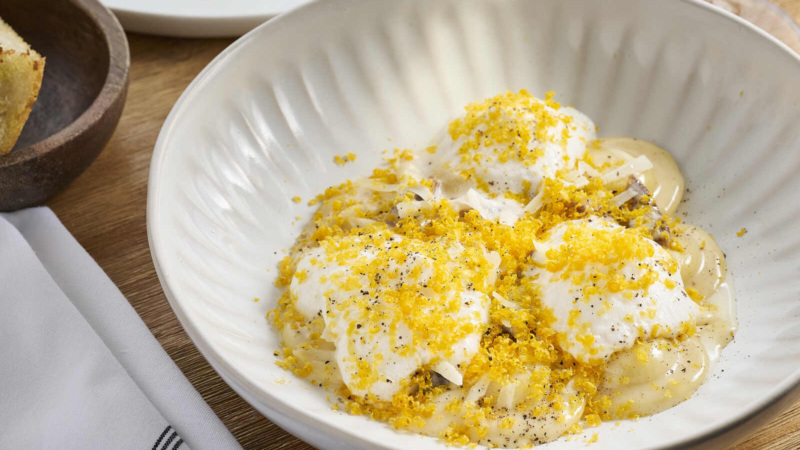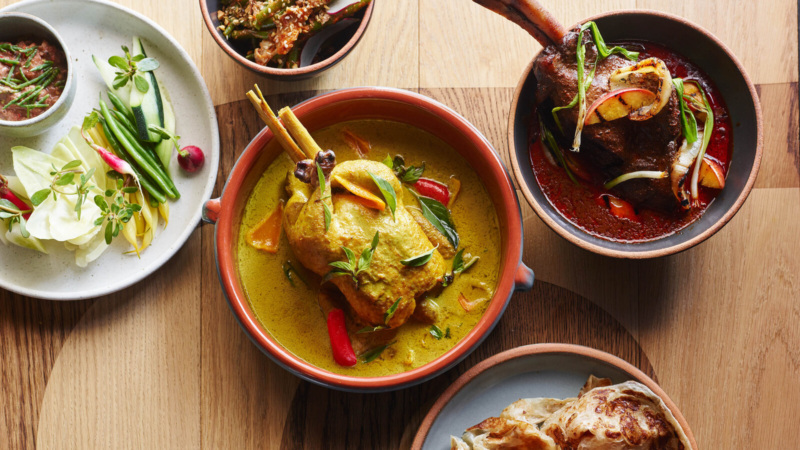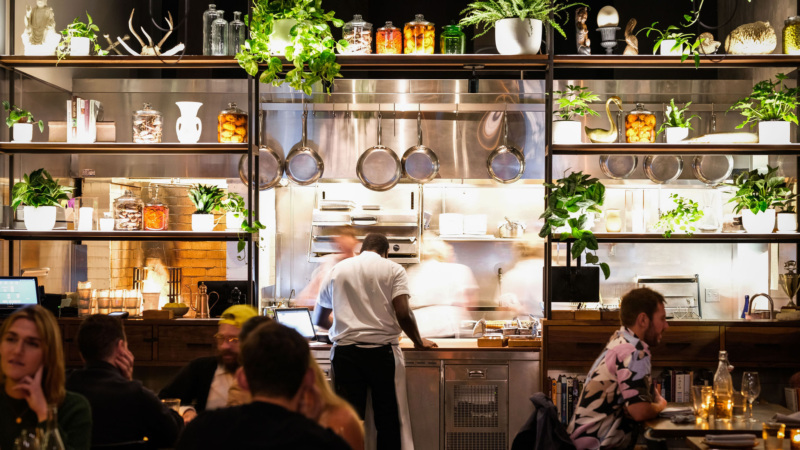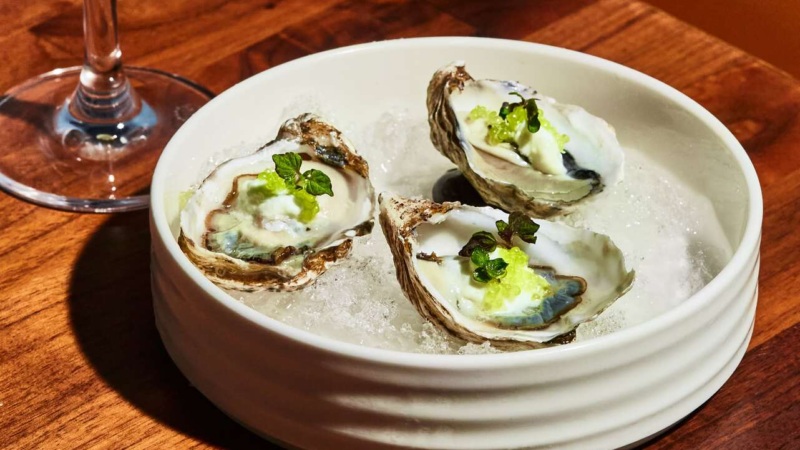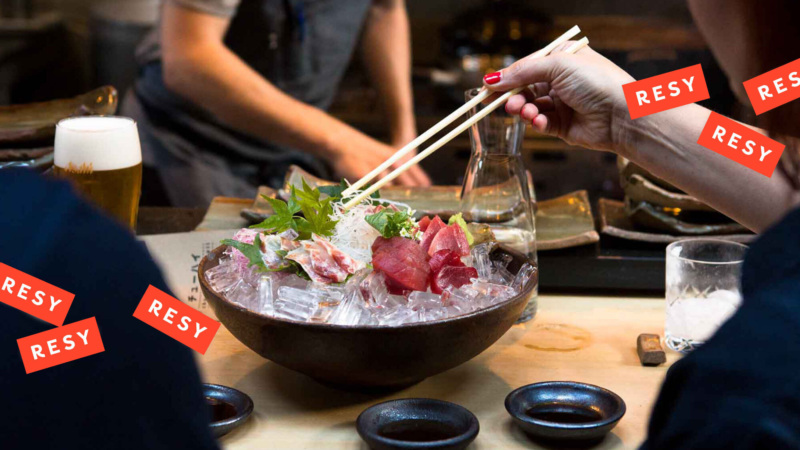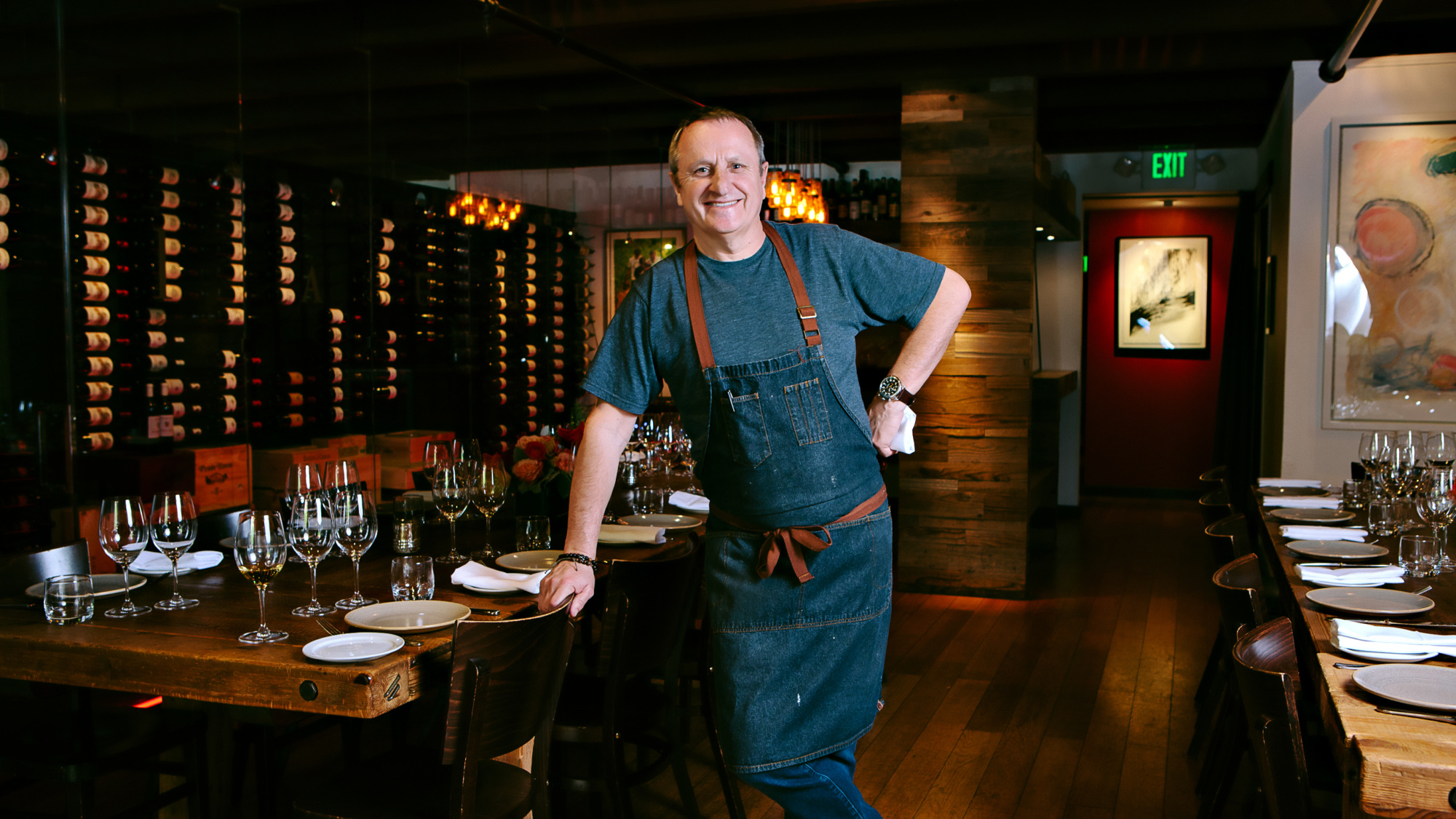
Gerald Hirigoyen on San Francisco Dining Past and Present — and Saying Goodbye to His Celebrated Piperade
It’s the end of an era for chef Gerald Hirigoyen, who after 22 years will be closing his beloved Basque restaurant Piperade the first weekend of December.
Born in Bayonne and raised in Biarritz, Hirigoyen moved to Paris to study pastry before coming to San Francisco to cook in classic French restaurants. He opened modern French bistros like Fringale and Pastis, prior to his marquee Piperade in 2002.
Along the way, Hirigoyen has become one of the most celebrated chefs in San Francisco, with accolades from the James Beard Foundation, Food & Wine, and The Chronicle, among many others. We sat down with him to talk about the current state of San Francisco dining, as well as its past and future. Right this way.
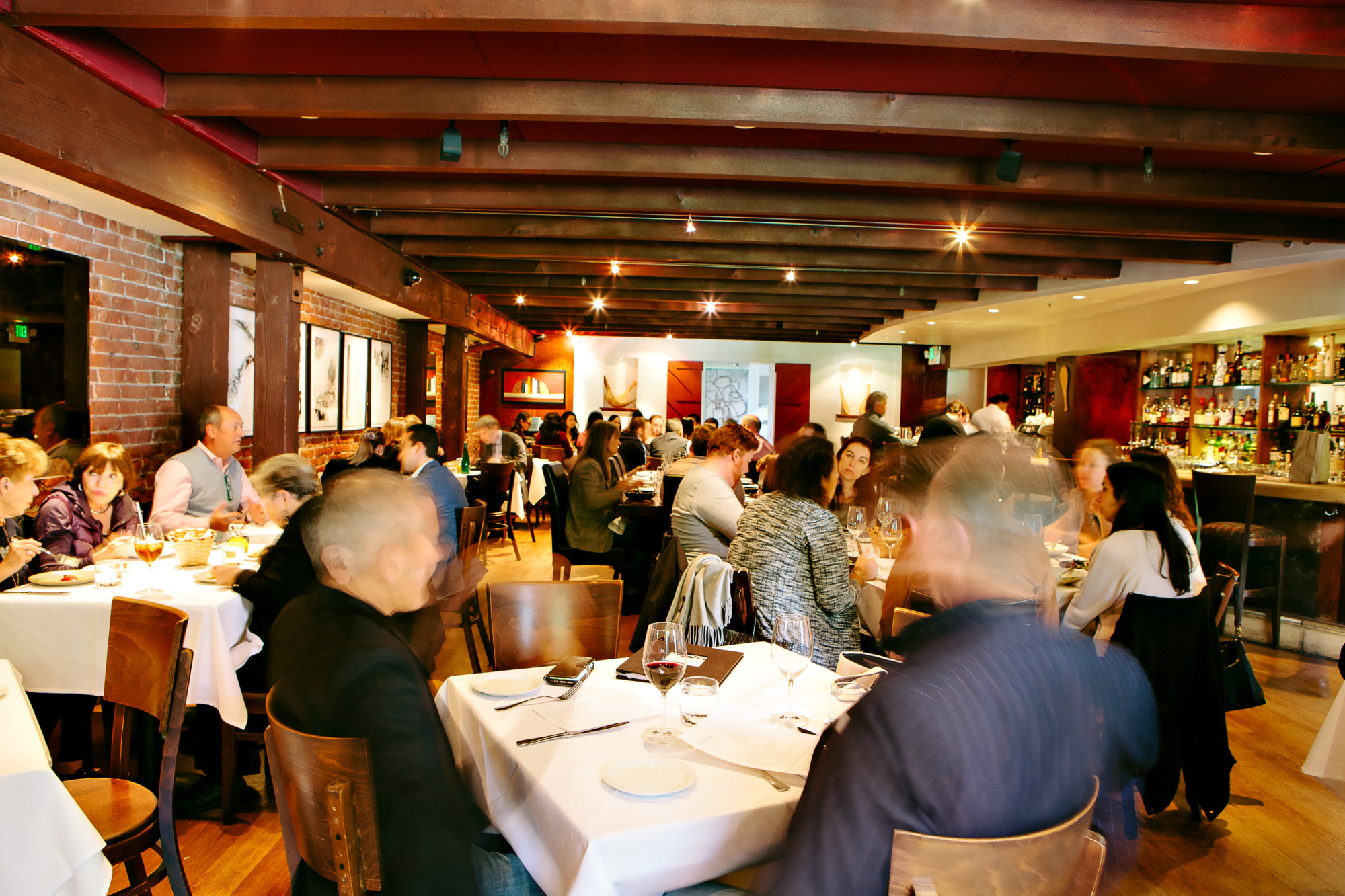
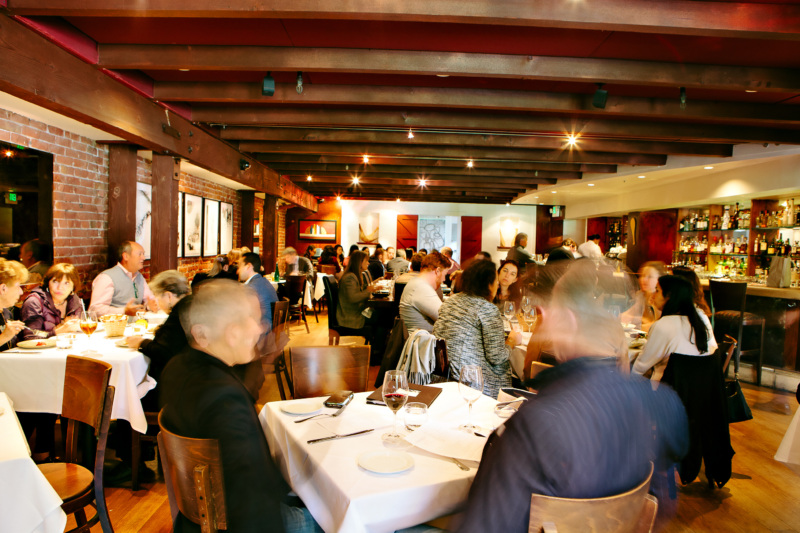
You were raised up in Biarritz and moved to Paris to study pastry. But what brought you to San Francisco?
After a while, I was at a crossroads in Paris. I always knew, even as a kid, I wanted to have a small restaurant. I used to live above a Basque restaurant in Paris, and the owner was a fantastic restaurateur. Everybody was at his restaurant. I used to watch him work. He wasn’t a chef. He was answering the phone, entertaining, telling the server where to go — it wasn’t buttoned up. But he knew exactly what was going on, and it was fun. He was a very hardworking entertainer. I learned a lot from him, but that reiterated what I wanted to do.
To make a long story short, I was hanging out there. I was thinking about Canada, but the chef told me he could get me a job in California. And that was that.
And you moved to San Francisco when?
In August 1980. The first job I landed through my connection didn’t pan out, so I went door to door and got a job with Roland Passot.
How was San Francisco back then?
When I came here in the 80s, you had lots of big name restaurants. Chez Panisse, Jeremiah Tower, Mark Miller — all those people. There was a new trend coming in, but there were lots of old school French restaurants still doing well.
When I joined Roland, things were different. It was less stuffy, but there was a good energy. Things started to change. People were starting to be open to other things — it wasn’t as stuck up as what people were used to. It’s funny because I think when I look at the scene then, that’s what I grew up with: Using fresh ingredients, going to the market.
How have you seen the culinary world changing in the last few years?
I think we see a lot more prix fixe menus, which is great. I think it’s an economic reason for people to do that, because they know what they’ll make. I do think we’re losing the bistro feel a little bit.
I think you see lots of tips included, but I haven’t done that. Sometimes, I think you have to work for your money. At the end of the day, we pool here and everyone gets the same amount of money. I kind of like that.
We’ve been doing the same thing we’ve been doing. We’ve been working harder. We have fewer staff. I have a bit more of a skeleton crew — not as many as we used to have.
Even though I think we’re doing the best job we’ve ever done, we’re aging. And the energy required to stay in the limelight, I maybe lost a little steam.
Why are you closing the restaurant now?
It’s not because of the finances — I want to see something else. I could’ve closed before Covid, but it wasn’t how I wanted to end. It would’ve been easier. I wanted to reopen, say goodbye to my customers, and leave on my own terms.
I raised a family. I’ve done well. I’ve drank so many fabulous wines and have met some interesting people along the way. Now I want to think a little bit about the future. I want to take a sabbatical year and if I come back and want to do something, I could. But I need to take a break. I’ve always taken a week here and there for the last 50 years. Sometimes I took two weeks, but no more than that. It’s time to reflect a bit. I have great kids and a wife I want to spend time with. I want to enjoy things. Food will always be the center.
I wanted to reopen, say goodbye to my customers, and leave on my own terms.— Gerald Hirigoyen
How do you think the industry can be improved?
We’re lucky, I’ve had people here who have been here 20-plus years. The style of restaurant I have is elegant casual, so people come here and celebrate birthdays. There’s a sense of community that I think is important in restaurants.
Thinking about the future of restaurants, you have to make sure you create an environment that’s important for the people that work for you, and for your customers. Having a sense of community is important, making sure that people are there for you.
What do you think San Francisco needs more of on the culinary front?
Restaurants are breeding grounds for new talent. We need to support the young chefs. It’s important to keep the trade of the culinary expert.
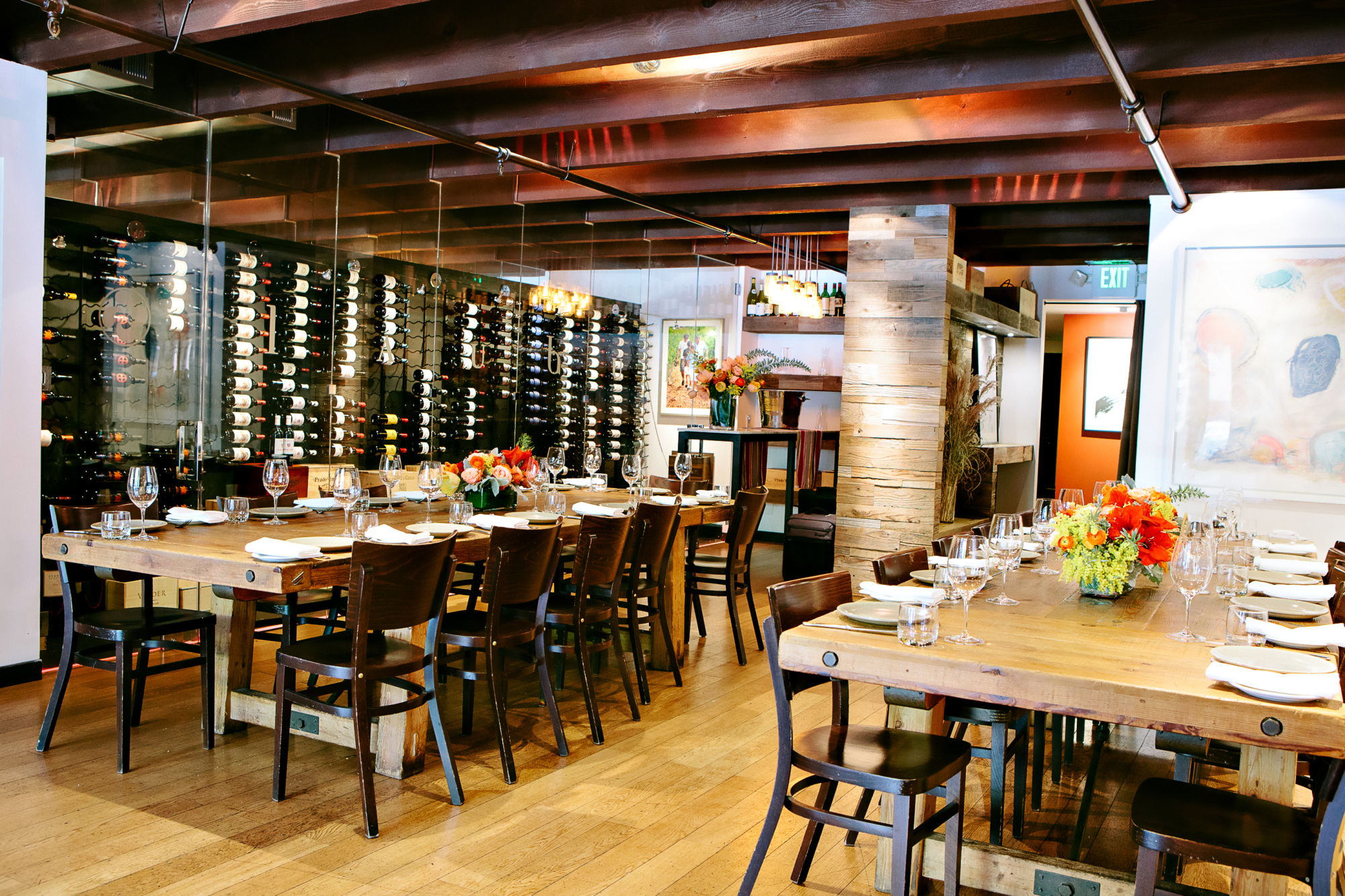
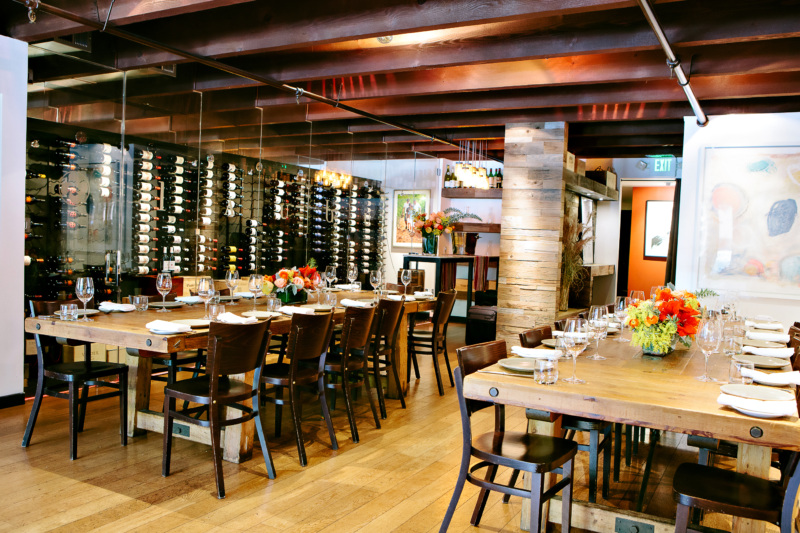
What advice do you have for young cooks coming up?
I say don’t watch too much TV. The food scene has been so glamorized. You see big stars and you get out of culinary school and you think of that’s going to be me. When I moved to this country, I was watching Jacque Pepin and Julia Child and now with the Ramsays of the world, it’s over the top. I don’t know if it gives a good image. It’s a long road, and people have to realize that.
It’s very physical. It’s very demanding. There’s a lot of things coming at you. You can get sidetracked along the way. The more discovery you can do — going places, seeing things, traveling. You have to be able to find out and taste and understand things before you cook. It’s important to learn those things to move forward.
Do you think it’s necessary to go to culinary school?
There are certain things you can learn, but you have to do lots of internships to see what’s going on. There’s nothing like live experience, when s— hits the fan, when things go crazy in the kitchen. That’s real. In cooking school, you learn. But working in restaurants is the best way to learn.
When you work at restaurants, you want to commit to those restaurants. You have to commit to the owners. You have to commit to your coworkers. You’re part of a team.
Piperade itself opened in 2002. That’s quite the run. What are you most proud of over the last 22 years?
Turning this restaurant that was more myself. I wanted to have a voice for the Basque people here. I wanted to perpetuate Basque cuisine in California. I wasn’t just another French restaurant — it was a Basque restaurant.
I’m just proud to have a restaurant for 22 years. When I look at my life, I’ve had restaurants for over 30 years with Fringale and Pastis and Bocadillos.
Thinking about the future of restaurants, you have to make sure you create an environment that’s important for the people that work for you, and for your customers.— Gerald Hirigoyen
What’re some things you’re going to miss the most about running a restaurant?
I’m going to miss my customers. I’m going to miss the day to day coming to work. Seeing the people I work with. This is a family—I know it sounds cliché. But that’s what it is. That’s going to be a big gloss.
But if you could do one more restaurant, one more concept, what would it be?
I would do the same thing. I’d have a super duper, state of the art kitchen. I wouldn’t change anything. I would love to have another restaurant like this. More of the same … I’d maybe have some better chairs and glassware.
Anything else you’d like to your diners and readers know?
I’m just happy to have raised a great family. And I’m happy to be in San Francisco. It’s a great city, it’s my city.
Omar Mamoon is a San Francisco-based writer & cookie dough professional. Find him at @ommmar.


